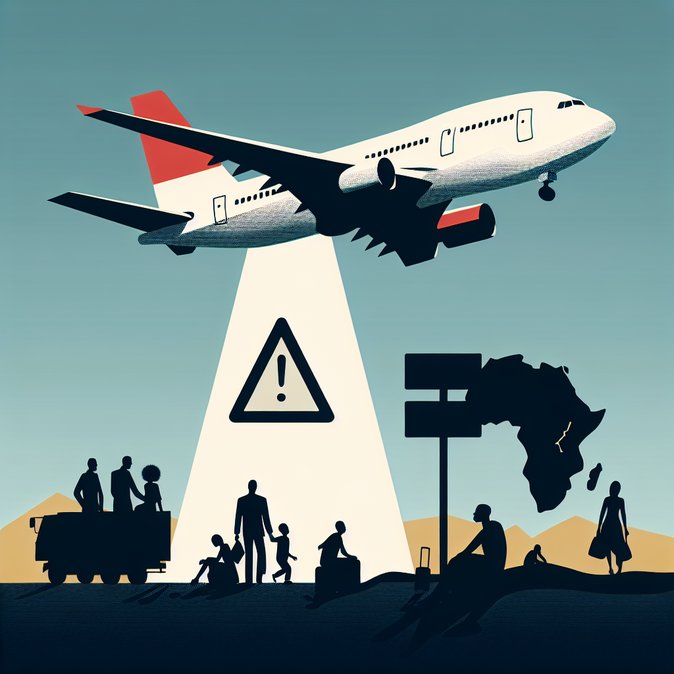
On 19 November 2025 Austria’s Foreign Ministry (BMEIA) updated its travel advice for Ethiopia, placing the Amhara and Tigray regions under the highest warning level (Stage 4) and classifying large parts of Oromia, Gambella and Benishangul-Gumuz as high-risk (Stage 3). The notice follows a spike in ethnic violence and repeated drone strikes on highways used by aid convoys.
For Austrian companies in the construction and agri-tech sectors the move has immediate implications. Salini-Impregilo’s Austrian subcontractors working on the Grand Ethiopian Renaissance Dam will need fresh security clearances, while Vienna-based Weltbank Consulting has told staff that all missions to Addis Ababa require CEO sign-off. The advisory also warns of arbitrary detentions of foreigners during security sweeps, recommending that Austrians keep digital and paper copies of passports separate.
![Austria Raises Security Level for Parts of Ethiopia, Advises Businesses to Defer Travel]()
Insurance providers are responding. UNIQA confirmed that its standard business-travel policy now excludes travel to Amhara and Tigray unless a special rider is purchased, adding up to €5,000 per person for medevac coverage. Mobility teams must update risk-assessment matrices and consider relocating project managers to Nairobi or Kigali until conditions stabilise.
Austrian expatriates already in Ethiopia are urged to register on the BMEIA’s Auslandsservice app and to prepare 72-hour evacuation kits. The embassy in Addis Ababa has pre-negotiated staging areas in Djibouti should overland evacuation become necessary. Companies employing local staff should review duty-of-care obligations, as the advisory references potential supply-chain disruptions affecting food and fuel.
With the African Union mediating fresh talks between the federal government and regional forces, Vienna emphasizes the advisory is subject to rapid change. Mobility managers should monitor updates daily and maintain flexible ticketing options for essential travel.
For Austrian companies in the construction and agri-tech sectors the move has immediate implications. Salini-Impregilo’s Austrian subcontractors working on the Grand Ethiopian Renaissance Dam will need fresh security clearances, while Vienna-based Weltbank Consulting has told staff that all missions to Addis Ababa require CEO sign-off. The advisory also warns of arbitrary detentions of foreigners during security sweeps, recommending that Austrians keep digital and paper copies of passports separate.

Insurance providers are responding. UNIQA confirmed that its standard business-travel policy now excludes travel to Amhara and Tigray unless a special rider is purchased, adding up to €5,000 per person for medevac coverage. Mobility teams must update risk-assessment matrices and consider relocating project managers to Nairobi or Kigali until conditions stabilise.
Austrian expatriates already in Ethiopia are urged to register on the BMEIA’s Auslandsservice app and to prepare 72-hour evacuation kits. The embassy in Addis Ababa has pre-negotiated staging areas in Djibouti should overland evacuation become necessary. Companies employing local staff should review duty-of-care obligations, as the advisory references potential supply-chain disruptions affecting food and fuel.
With the African Union mediating fresh talks between the federal government and regional forces, Vienna emphasizes the advisory is subject to rapid change. Mobility managers should monitor updates daily and maintain flexible ticketing options for essential travel.


